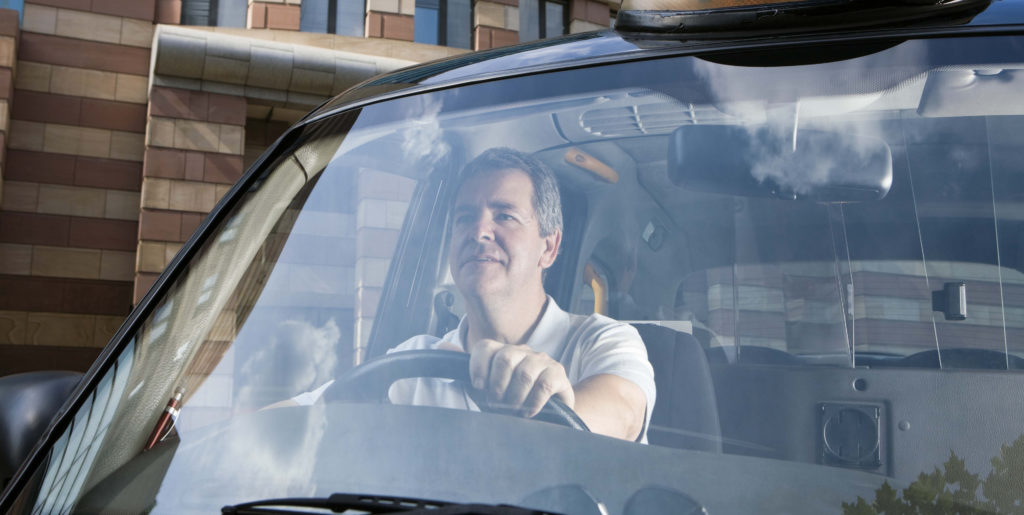
The Supreme Court recently confirmed in a long-running case that Uber drivers are ‘workers’ for the purpose of employment legislation.
This case has received a lot of media attention given Uber’s high profile and the questions at the heart of it are of great importance, especially to the so called ‘gig economy’.
What is the ‘gig economy’?
These are markets characterised by the prevalence of short-term contracts or freelance work as opposed to permanent jobs. In the UK, it is estimated that five million people are employed in this type of capacity, with typical jobs including couriers and ride-hailing drivers.
Many gig economy businesses have engaged individuals as self-employed contractors, who can choose to accept work or reject it. However, there has been a recent trend in employment status cases for gig economy individuals to successfully challenge their employment status as independent contractors arguing they should be categorised as ‘workers’ and therefore have increased statutory rights at work. These cases also have wider implications for individuals outside the gig economy whose employment status is not clear.
What was the Uber employment case?
The crux of this case was that Uber had held its drivers out to be self-employed individuals who choose when they want to work, thus benefiting from its modern business model.
On behalf of Mr Aslam and Mr Farrar, two ‘test claimants’ representing Uber drivers, it was argued that the drivers are actually employed by Uber as ‘workers’ rather than being independent contractors (i.e. self-employed).
On 19 February, the Supreme Court unanimously upheld an Employment Tribunal’s earlier ruling that Mr Aslam and Mr Farrar are workers and therefore entitled to a limited number of employment rights that apply to this status in employment legislation, namely:
- Protection against unlawful deductions from wages;
- Entitlement to the national minimum wage; and
- Entitlement to paid annual leave.
How is ‘a worker’ defined?
A worker is defined under section s230(3) of the Employment Rights Act 1996 as “an individual who has entered into or works under”:
- A contract of employment; or
- Any other contract, whether express or implied and (if it is express) whether oral or in writing, whereby the individual undertakes to do, or perform personally, any work or services for any party to the contract whose status is not by virtue of the contract that of a client or a customer of any profession or business undertaking carried on by the individual.
The Uber judgement
The Uber judgement emphasised that when considering if an individual has worker status, the correct starting point was not the written contractual documents between Uber and its drivers. Instead, it was necessary to consider the relevant legislation intended to protect individuals in carrying out their work.
The greater the level of control by the business in charge, the more likely worker status would occur. This emphasises that in litigation about an individual’s employment status, a tribunal will look at the reality of the working relationship and may disregard the label the parties may have given in their contractual documentation.
In its analysis of the case, the Supreme Court emphasised factors supporting its decision that the drivers had worker status. This included that Uber imposed the contractual terms, it dictated the fares charged which determined pay, it controlled the drivers’ decision to accept or decline rides, exercised much control over the manner in which the drivers provided services, and restricted communication between the driver and passengers.
Taking these points into account, the circumstances were such that the services provided and the drivers themselves were very tightly defined and controlled by Uber. The intention was for Uber to have the loyalty of customers, rather than the drivers themselves.
The drivers were rather limited in being able to profit from their work, other than by way of increasing their working hours while being required to meet Uber’s performance measures. On this basis, it was concluded the original tribunal was correct to have decided the drivers were workers.
Implications for Uber
This is the fourth time this decision has been confirmed against Uber and in favour of the drivers having worker status. The Supreme Court decision is significant in that there is no further right of appeal for Uber. The case will be returned to the original employment tribunal to decide the compensation due to the drivers for their claims.
As well as having to pay out for holiday pay and arrears of the national minimum wage, the judgment may also give rise to tax and pension liabilities for Uber. The pension issue being that having been identified as workers under employment legislation, the drivers are also likely to be eligible job holders under the Pension Act 2008 and therefore should have been auto enrolled.
Impact on employers
Although the Supreme Court’s decision is specific to the facts in this case, it does have wider implications for the gig economy and beyond. An emphasis was given to employment legislation being the starting point in assessing worker status and the courts should be seeking to protect workers despite contradictory contractual documents they may sign.
As an action point, it would be sensible for employers to regularly audit individuals they use on a self-employed basis to assess the reality of the situation. If necessary, change the employment status of such individuals to worker (or employee, if appropriate), or take appropriate steps to ensure the reality of the situation (including the level of control exercised by the business) means they are genuinely self-employed.
Our Employment Team regularly carries out employment status reviews for employers. If you are looking for assistance with this, please get in touch.
